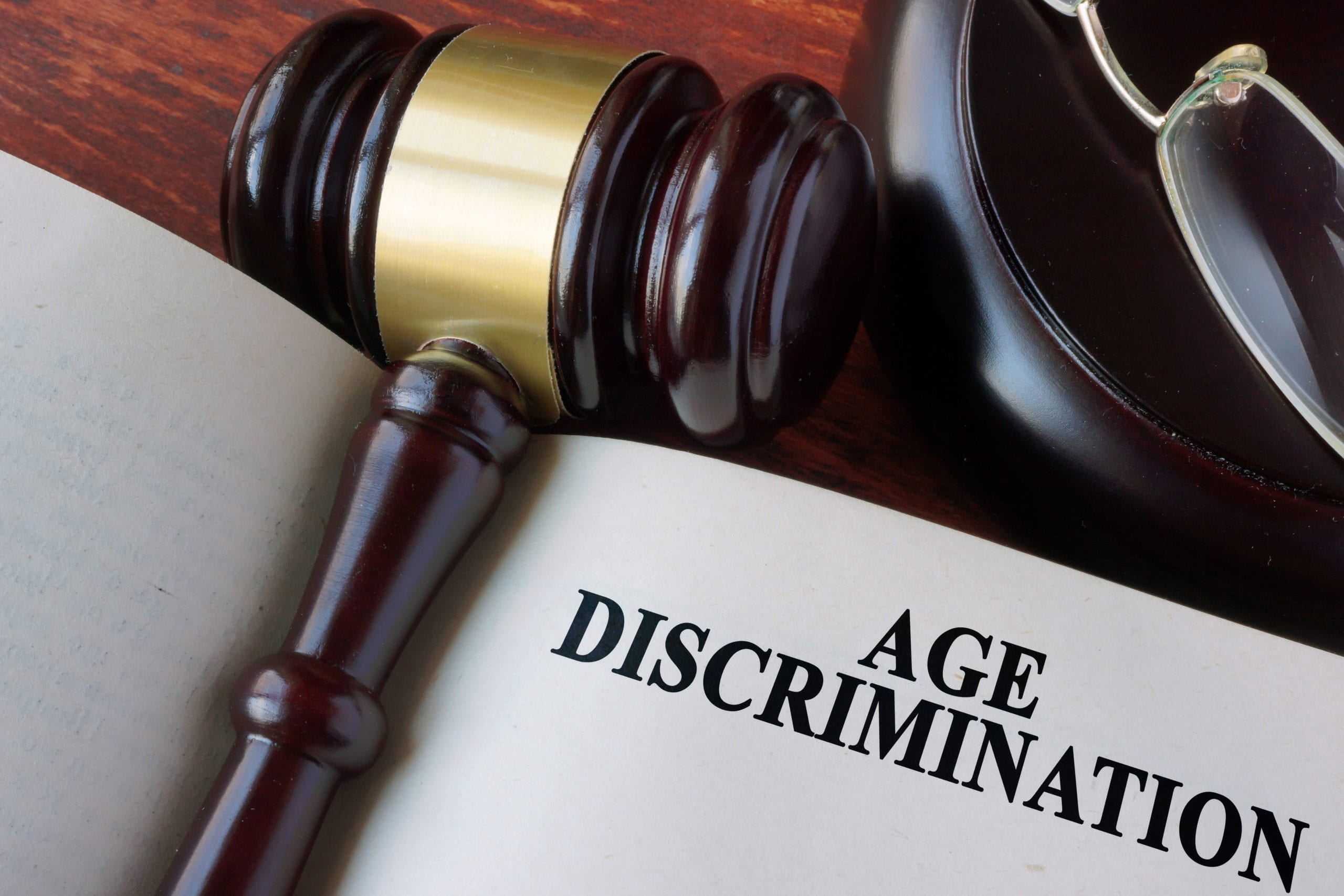Brian J Graber LLC, can maximize damages in age discrimination and retaliation cases by filing claims under the ADEA and the IHRA. The Illinois Human Rights Act (IHRA) provides broader damages then the Age Discrimination in Employment Act (ADEA). Maximize damages for age discrimination by filing your claim under both the IHRA and the ADEA.
IHRA Allows Broader Damages for Age Discrimination Claims.

The ADEA and IHRA prohibit discrimination against employees and applicants aged 40 and older. However, a plaintiff with a successful age discrimination claim under the ADEA can only seek monetary damages for backpay (lost wages and benefits) and liquidated damages if there is proof of willful conduct. A successful plaintiff with an ADEA claim can be awarded equitable relief such as reinstatement or front pay. A successful plaintiff cannot recover money damages for compensatory damages and punitive damages under the ADEA. See Franzoni v. Hartmarx Corp., 300 F.3d 767, 773 (7th Cir. 2002). Compensatory damages are a form of monetary compensation for the mental and emotional suffering caused by an employer’s discriminatory employment action. Punitive damages is a form of monetary compensation awarded to a plaintiff to punish the employer for its conduct and to deter similar conduct in the future.
The IHRA allows a successful plaintiff to seek compensatory damages. 775 ILCS 5/8A-104(B) allows a successful plaintiff in an age discrimination claim to seek actual damages. “Actual damages” include monetary compensation for emotional harm and mental suffering. See ISS Int’l Serv. Sys. v. Human Rights Comm’n, 272 Ill.App.3d 969, 979 (1st Dist. 1995). As a result, a successful plaintiff can also seek monetary compensation for lost wages and benefits from the date of the civil rights violation. So for example, the IHRA allows a successful plaintiff to seek monetary damages for emotional and mental suffering caused by a wrongful termination.
The ADEA allows a plaintiff on a successful age discrimination claim to seek liquidated damages. Liquidated damages are statutory damages in an amount equal to the amount of backpay damages awarded. Liquidated damages require evidence that the employer committed a willful violation of the ADEA. The IHRA does not contain any provision for liquidated damages.
The ADEA Provides Broader Remedies for Retaliation.
The IHRA and the ADEA prohibit employers from retaliating against an employee for opposing age discrimination. However, the ADEA allows a successful plaintiff on a retaliation claim to recover compensatory and punitive damages. See Tomao v. Abbott Labs., 2007 U.S. Dist. LEXIS 55820 (N.D. Ill. Jul. 31, 2007) (allowing successful plaintiff with ADEA retaliation claim to recover compensatory and punitive damages). IHRA only allows a successful plaintiff with a retaliation claim to recover only compensatory damages.
Maximize the Available Remedies.
The best way to maximize damages for age discrimination and/or retaliation is to file claims under both the ADEA and the IHRA. An age discrimination claim under the IHRA allows recovery for the mental and emotional distress flowing from the adverse employment action. An ADEA may allows recovery of liquidated damages for a willful violation. Filing a retaliation claim under both the ADEA and the IHRA for opposing age discrimination maximizes the available damages for a successful plaintiff.
Maximization of damages for age discrimination requires the employer employ the statutorily required number of employees. A private employer is covered by the ADEA, 29 U.S.C. §630(b) if it employs at least 20 or more employees. A private employer is covered by the IHRA if it employs at least 15 more more employees. Effective July 1, 2020, the IHRA applies to an employer in the State of Illinois with at least one employee.
Contact Brian J Graber LLC, at (312) 291-4648 for a free consultation on age discrimination and retaliation claims.

 Pregnancy Accommodations
Pregnancy Accommodations